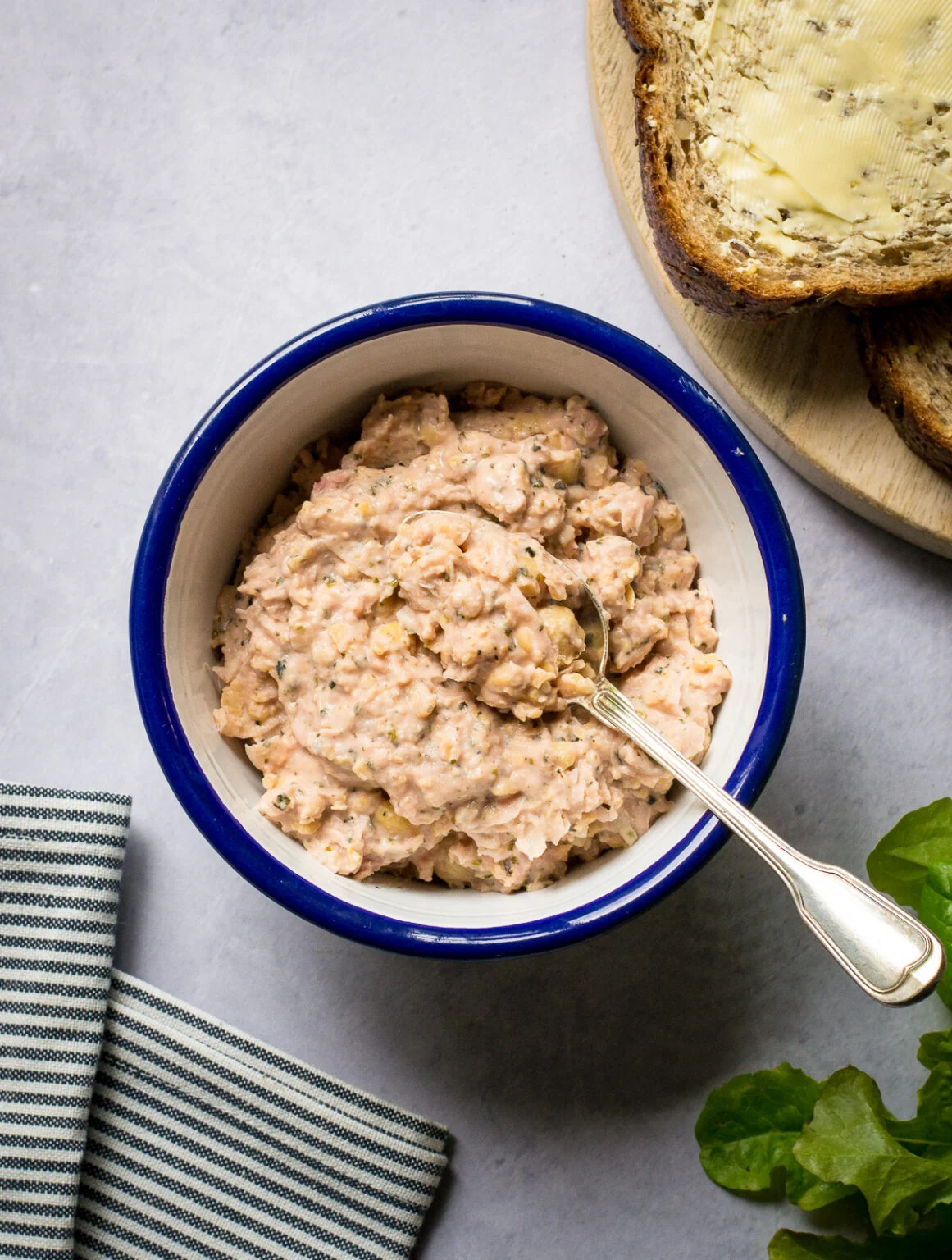Reasons to Support Local Artisan Bakeries

Artisan bakeries are different from large commercial ones in how they make bread and pastries. Instead of mass-producing, they focus on small batches, using time-honoured methods and quality ingredients. This approach creates products with more character and flavour.
The Real Bread Campaign’s Real Loaf Mark lets real bakers display a logo for a small annual fee, to further promote the baking and selling of real bread (includes sourdough loaves). You can also search their website for real independent bakers near you.
Most ‘fresh bakery’ stores in supermarkets are ‘loaf tanning salons’ that buy part-baked bread to heat in ovens. Most also contain palm oil and are wrapped in plastic. Real bread is made with water, flour, salt and yeast.
Keep fresh dough away from young children & pets (also keep bread ingredients like garlic, onion, dried fruit and salt away from pets).
Read more on keeping people & pets safe in the kitchen.
Don’t give leftover stale/mouldy/crusty bread to garden birds or wildfowl (due to salt again, also fat can smear on feathers, affecting waterproofing/insulation.
Real Bread Campaign recently launched a complaint to Trading Standards, as such loaves are not ‘freshly baked in store’. And are sold in portions bigger than can be used up by small households (leading to bread being one of the top food waste items).
What to Learn from French Boulangaries

In France, real bread is the norm. Bakers get up at 3am or so, and make dough from scratch. In fact, bakers are so important in France that they are not allowed to take holidays at the same time, they must be staggered so everyone can buy good bread.
In England, try to seek out a local bakery or farmers’ market, or try baking your own bread (you can cheat and get a small bread-making machine if you use it often). This mean the bread will be free from chemical improvers and other nasties.
Even if you can’t afford to shop at swanky farm shops, supporting your local indie bakery just once a week with a good loaf of bread makes all the difference.
Cities like New York also have a strong tradition of indie bakeries and cupcake shops, and not just uber-expensive deli bakeries like we have in London.
Brownstone buildings in urban areas often sell home-baked treats, which you can smell early morning, the scents of homemade breads and pastries, wafting through the city air.
Economic Benefits of Supporting Artisan Bakeries
Artisan bakeries typically operate on a smaller scale than mass producers, but that doesn’t mean they hire less. In fact, they create a variety of jobs within the community. From skilled bakers who knead dough and master fermentation to suppliers who deliver freshly sourced ingredients, every role matters.
- Bakers and apprentices gain a chance to work hands-on with quality products.
- Local suppliers, such as farmers and dairy producers, benefit from steady orders.
- Delivery drivers and shop staff find employment opportunities close to home.
This network of jobs helps keep unemployment low and maintains livelihoods in the area. When these workers earn wages, they spend their income locally, feeding back into the community and creating more demand for goods and services.
When small bakery owners succeed, they reinvest in their business and staff, keeping the wheel turning. Your money helps sustain these dreamers, not distant shareholders.
Keeping Money Circulating Locally
Money spent in small local businesses tends to stay within the community longer than money spent at large chains. This effect, known as the local multiplier, means that each pound you spend in an artisan bakery supports several other local businesses.
Here’s how it works:
- The bakery buys flour from nearby farms or suppliers.
- Staff members spend their wages at local shops, cafes, or services.
- The bakery pays local taxes that fund community projects like schools and parks.
In fact, studies show that up to 70% of money spent at independent shops remains in the local economy, compared to about 40% at national chains. That extra circulation supports more jobs, services, and projects where you live.
Use of High-Quality and Natural Ingredients
Artisan bakeries prefer to use fresh, seasonal, and often organic ingredients. Unlike big factories that focus on quantity, these bakers seek out the best raw materials available locally.
By choosing local, you’re also supporting farmers and suppliers who share this commitment to quality. It’s a cycle of care that you can taste in every bite.
The heart of artisan baking lies in its techniques. These aren’t rushed or automated processes. Instead, bakers use traditional methods passed down over time, often blending them with creative twists.
Slow fermentation is a prime example. This method allows dough to develop deeper flavours and better texture while improving digestibility. Hand shaping means each loaf or pastry is unique; it’s not just a product of a machine but crafted by skilled hands.
Reducing Carbon Footprint through Local Sourcing
Local artisan bakeries tend to source ingredients from suppliers nearby. This simple step has a big effect on cutting down transport emissions. When flour and other raw materials don’t have to travel hundreds of miles, the bakery’s overall carbon footprint shrinks markedly. Less transport means fewer fuel burns and lower greenhouse gas emissions.
Additionally, local sourcing tends to reduce the need for excessive packaging. Goods arriving from nearby farms or mills often come with less wrapping or bulky containers. This cuts down on waste that might end up in landfill. By buying close to home, these bakeries contribute to a cleaner environment while supporting local producers.
Health Benefits and Transparency
Artisan bakery products generally contain fewer artificial ingredients than store-bought alternatives. These bakers prioritise natural components and short ingredient lists, avoiding unnecessary preservatives, colourings, and flavour enhancers. Why does this matter? Additives can sometimes cause digestive discomfort, allergies, or other reactions, especially when consumed regularly.
You’re more likely to find breads and pastries made with simple staples: flour, water, yeast, salt, and natural sweeteners or fats. No hidden chemicals, long ingredient names, or preservatives that extend shelf life at the expense of health. This cleaner approach means:
- Products are easier for your body to digest.
- You avoid unnecessary chemicals linked to health risks.
- Flavour comes naturally from quality ingredients, not artificial boosts.
Smaller batches and quicker turnover mean artisan bakers don’t need to rely on additives to keep items fresh. This approach supports your wellbeing and also means you’re eating something closer to how it would be made in a home kitchen.
Potential Allergy and Dietary Accommodation
Local artisan bakeries often have the flexibility to cater to specific dietary needs, something large-scale producers can struggle to manage. Whether you require gluten-free bread, vegan pastries, or low-sugar options, artisan bakers tend to be more willing and able to tailor products accordingly.






